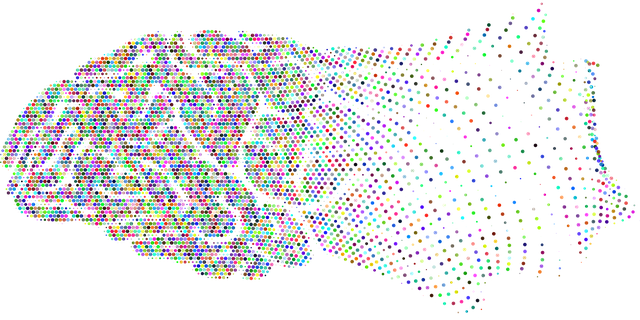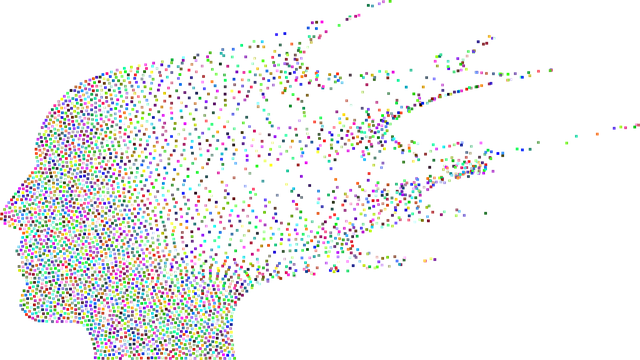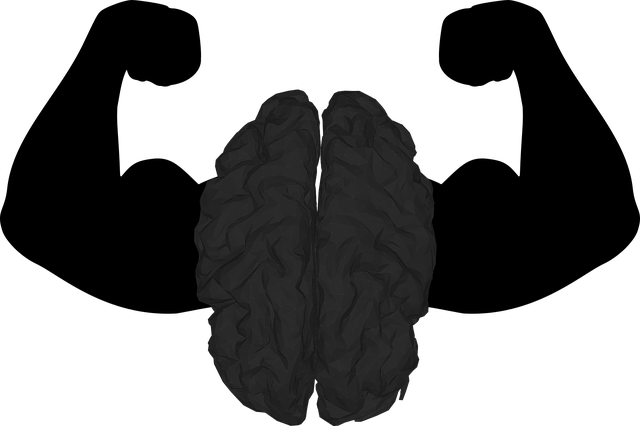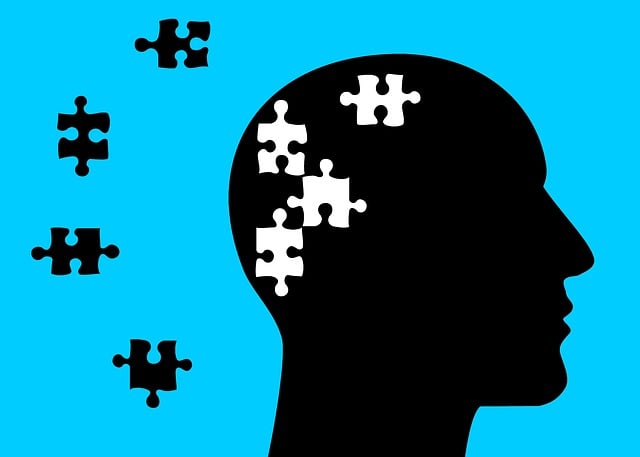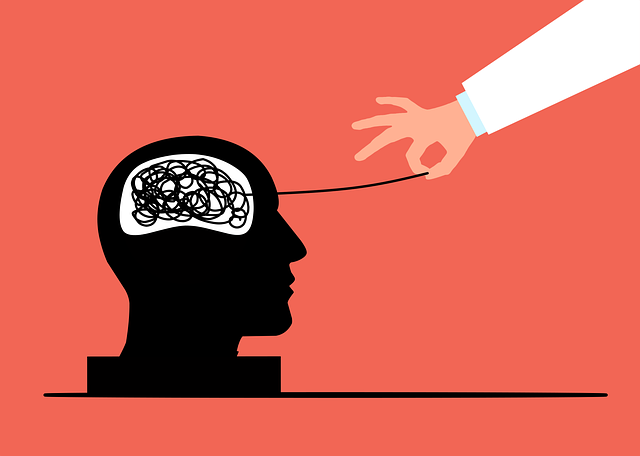Mental illness stigma significantly impedes access to quality care for both young adults and geriatrics, leading to lower diagnosis rates and poorer outcomes. To combat this, healthcare provider training in cultural competency is vital, fostering trust with diverse patients. Tailored therapy approaches for young adults incorporate mindfulness, group therapy, and digital interventions, while holistic methods like mental wellness journaling benefit seniors, focusing on emotional intelligence and burnout prevention. Community engagement through workshops and awareness campaigns breaks down barriers, normalizing help-seeking across age groups and ensuring everyone has access to necessary resources, with a special emphasis on therapy for young adults and geriatrics.
Mental illness stigma remains a significant barrier to effective mental health care, affecting individuals across all ages. This article explores targeted strategies to reduce this debilitating perception. We delve into the unique challenges faced by young adults and effective therapy approaches tailored to their needs. For older adults, we examine how supportive care can break down stigma in geriatrics. Additionally, we emphasize the power of community engagement and education as collective efforts to foster understanding and reduce mental illness stigma, particularly focusing on therapy for young adults and geriatrics.
- Understanding Stigma: Its Impact on Mental Health Care for All Ages
- Targeting Young Adults: Unique Challenges and Effective Therapy Approaches
- Geriatrics and Mental Illness: Breaking Down Stigma Through Supportive Care
- Community Engagement and Education: A Collective Effort to Reduce Stigma
Understanding Stigma: Its Impact on Mental Health Care for All Ages

Stigma surrounding mental illness can significantly hinder access to quality mental health care for individuals across all age groups. For young adults, navigating the challenges of adolescence and early adulthood is made even more difficult when facing societal perceptions that devalue their experiences. This stigma often deters them from seeking therapy, leading to prolonged suffering and potential long-term consequences. Conversely, geriatrics face unique barriers as ageism intersects with mental health issues, causing many elderly individuals to internalize shame and avoid necessary care.
The impact of stigma is profound, manifesting in lower rates of diagnosis, treatment gaps, and poorer outcomes for both young adults and the elderly. To combat this, healthcare provider training in cultural competency is vital. Equipping professionals with the skills to address mental health concerns sensitively and effectively can foster trust among diverse patient populations. Additionally, promoting inner strength development and incorporating Mind Over Matter principles offer holistic approaches that empower individuals of all ages to overcome stigma-related barriers and pursue the support they need for their mental well-being.
Targeting Young Adults: Unique Challenges and Effective Therapy Approaches

Mental illness stigma reduction efforts often focus on young adults due to their unique challenges in seeking help. This demographic faces barriers such as academic pressures, career aspirations, and social expectations, which can delay or prevent them from accessing mental health services. However, targeting this age group with tailored therapy approaches has shown significant promise.
Effective therapy for young adults incorporates techniques that cater to their developmental stage. This includes promoting emotional well-being through mindfulness practices, group therapy sessions, and digital interventions. Professionals also emphasize risk management planning as a proactive measure against burnout, given the demanding nature of mental health work with this population. By adopting these strategies, healthcare providers can better support young adults while mitigating potential risks to their own emotional well-being.
Geriatrics and Mental Illness: Breaking Down Stigma Through Supportive Care

In recent years, there has been a growing recognition of mental illness within geriatric populations, challenging the long-held notion that older adults are immune to such conditions. As our society becomes more attuned to mental health, it’s crucial to address the unique barriers and challenges faced by seniors. Geriatrics, often associated with age-related physical ailments, also experience a range of mental health issues, from depression and anxiety to cognitive decline. However, breaking down the stigma surrounding these topics is essential for fostering supportive care environments.
Supportive care for geriatrics should involve holistic approaches that cater to their specific needs. Therapy for young adults can be adapted to suit older individuals, focusing on enhancing emotional intelligence and providing burnout prevention strategies. Incorporating mental wellness journaling exercises can offer guidance and encourage self-reflection, contributing to overall emotional well-being. By normalizing conversations about mental health in this demographic, we can create a network of understanding, ensuring that seniors receive the necessary support for their cognitive and emotional needs.
Community Engagement and Education: A Collective Effort to Reduce Stigma

In the fight against mental illness stigma, community engagement and education stand as powerful tools for change. By fostering open conversations about mental health within our neighborhoods, we can create a network of support that transcends age groups—reaching not only young adults seeking therapy but also geriatrics facing unique challenges. This collective effort involves hosting workshops, seminars, and awareness campaigns to dispel myths and provide accurate information about various conditions, from depression prevention strategies to understanding complex cases in geriatrics.
Community outreach program implementation is key here. Through these initiatives, individuals can learn self-care practices tailored to their needs, whether it’s managing stress or recognizing signs of distress in themselves or others. By breaking down barriers and encouraging empathy, we aim to create a more inclusive society where seeking help for mental health issues is as normal as attending a sports event. This approach ensures that everyone, regardless of age, has access to the resources they need, fostering a community that prioritizes both mental well-being and social engagement.
Mental illness stigma reduction is a multifaceted approach that requires understanding, education, and community engagement. By addressing unique challenges faced by young adults through tailored therapy approaches, breaking down barriers in geriatric mental health care, and fostering inclusive environments, we can significantly enhance access to effective treatment for all ages. Continued efforts to destigmatize mental illness are crucial for improving overall mental well-being and ensuring everyone receives the support they need. Targeted initiatives in community engagement and education will play a pivotal role in creating a more accepting society where mental health is prioritized alongside physical health.
